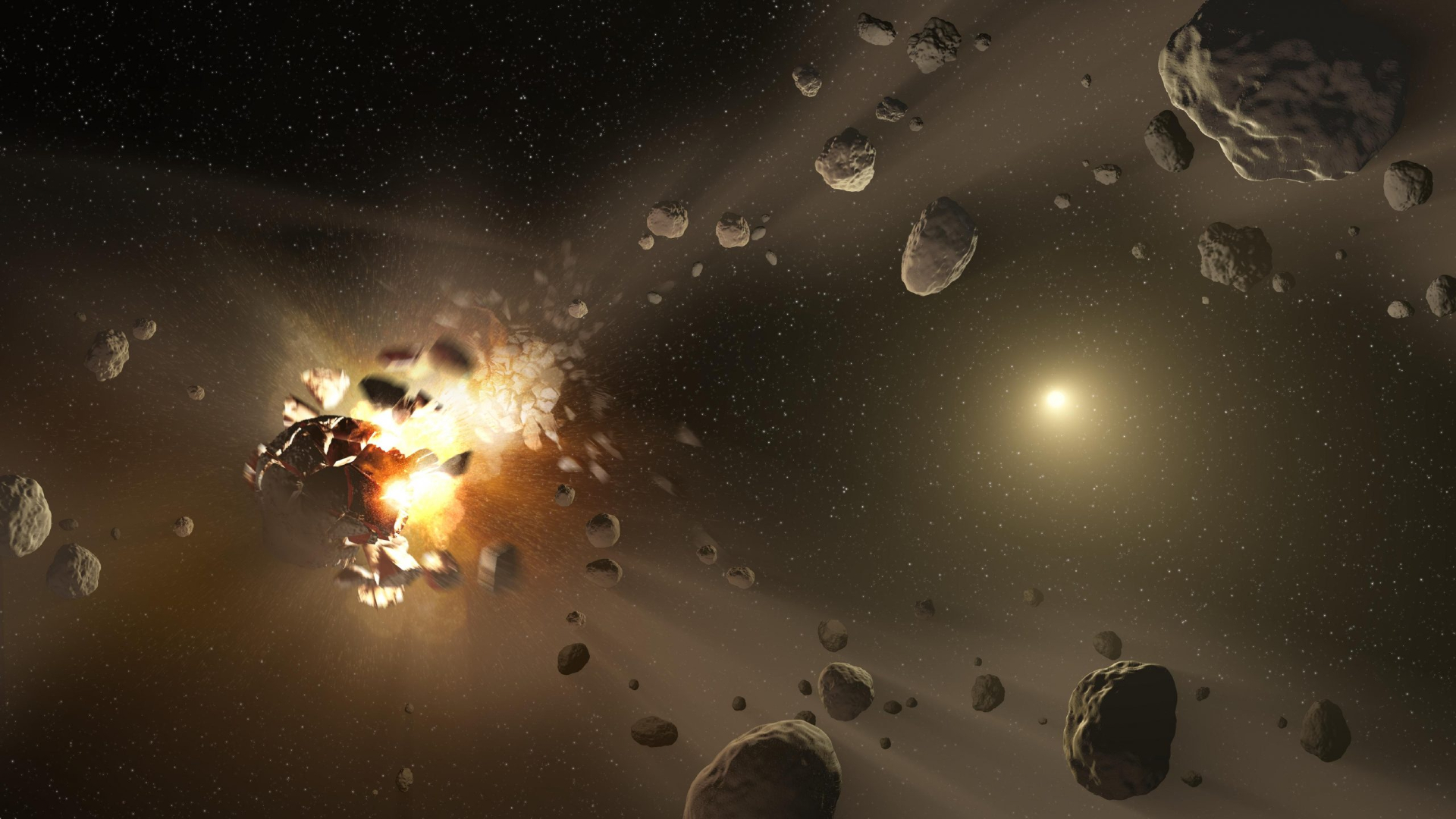Best Science Fiction Books
Here are some of the best science fiction books Space.com's writers and editors have read and loved.
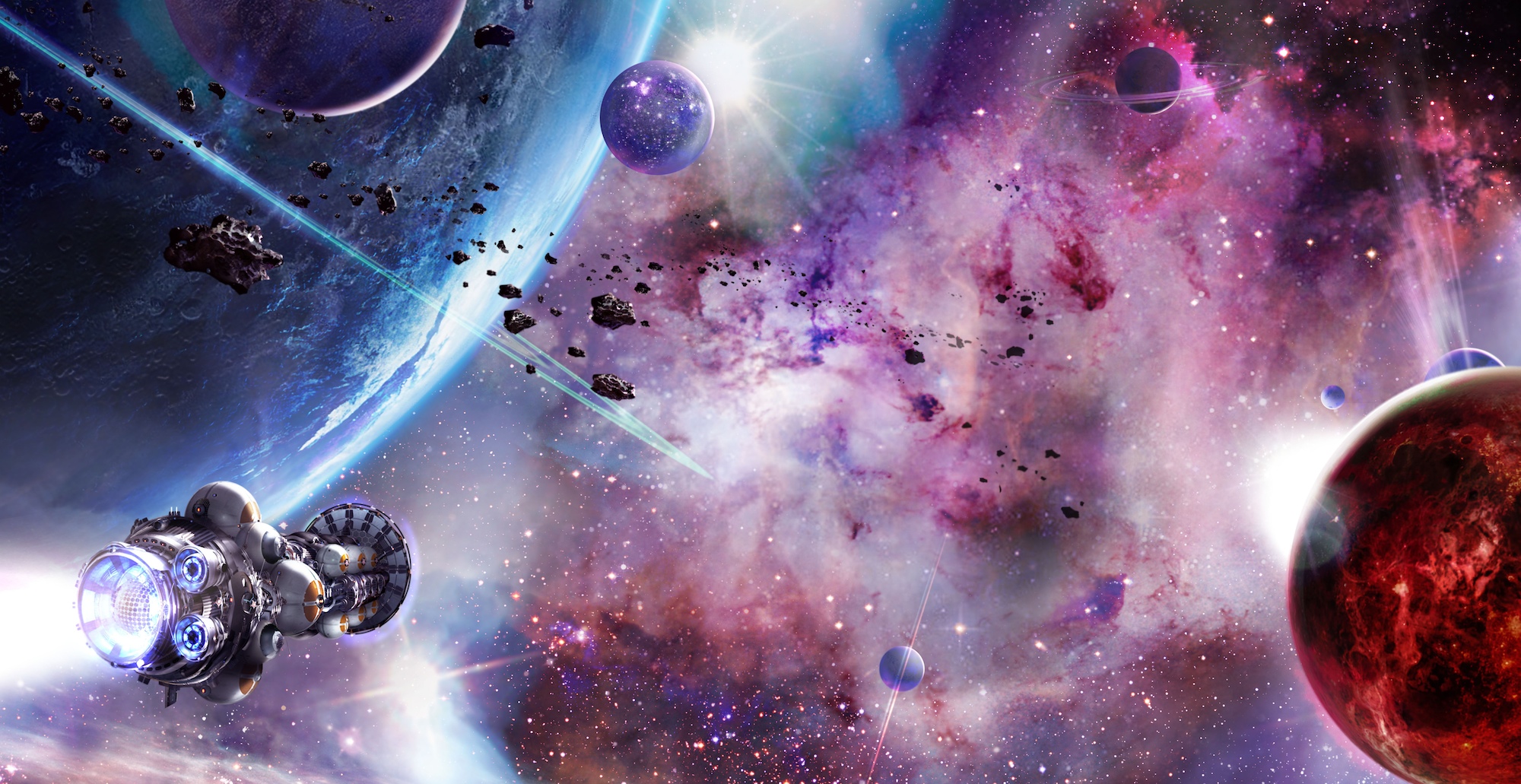
From the very beginning, we have looked to the stars and dreamed of reaching them, and stories about how we get there and what comes next are a fundamental part of that dream. Good science fiction can amaze and motivate, warn, raise questions, and spark the imagination, inspiring human creativity, and each new generation of stargazers. Plus, it's just fun to read. Here are some of the best science fiction books Space.com's writers and editors have read and loved — an incomplete list, but one that's always growing.
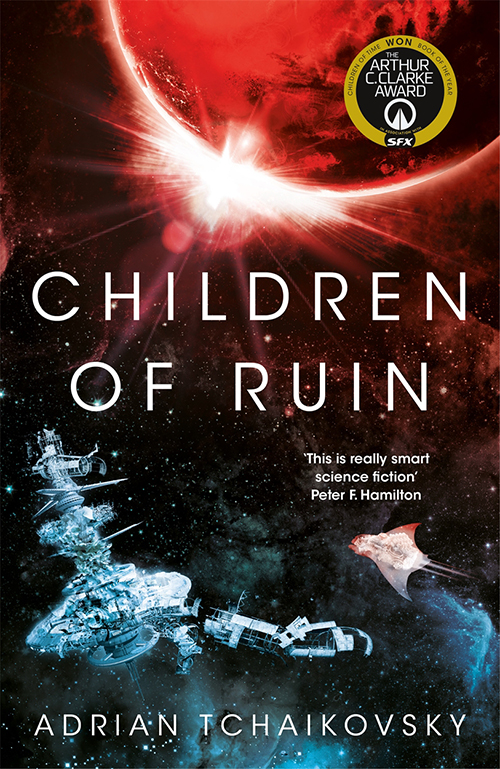
Children of Ruin
There a spiders, like a lot
Nonhuman intelligence is tricky to make understandable, believable, and interesting while staying alien, and author Adrian Tchaikovsky has landmark success in his novels "Children of Time" (2015) and "Children of Ruin" (2019). While (most of) the nonhuman creatures in these books are of terrestrial origin, their rise to intelligence follows a very different path than humanity.
Reading these novels, you see the distant descendants of humanity confront this strange intelligence and come up against the ecosystems and technologies that have sprouted from those strange perspectives. These books are unique and sweeping dives into the alien — but not recommended if you're viscerally afraid of spiders. ~Sarah Lewin

The Calculating Stars
An alternate history of spaceflight
What if space exploration wasn't a choice but a necessity, driven by the knowledge that Earth would soon become uninhabitable and powered by international coalitions built after a catastrophic meteorite impact? That's the alternative history novelist Mary Robinette Kowal explores in her Lady Astronaut series.
The books follow mathematician and World War II pilot Elma York, who dreams of becoming an astronaut herself. Kowal intricately melds real history with her fictional plot to create a series that is simultaneously hopeful and pragmatic. The Lady Astronaut offers a powerful vision of how spaceflight could be a positive force in society. ~Meghan Bartels
Kowal talks
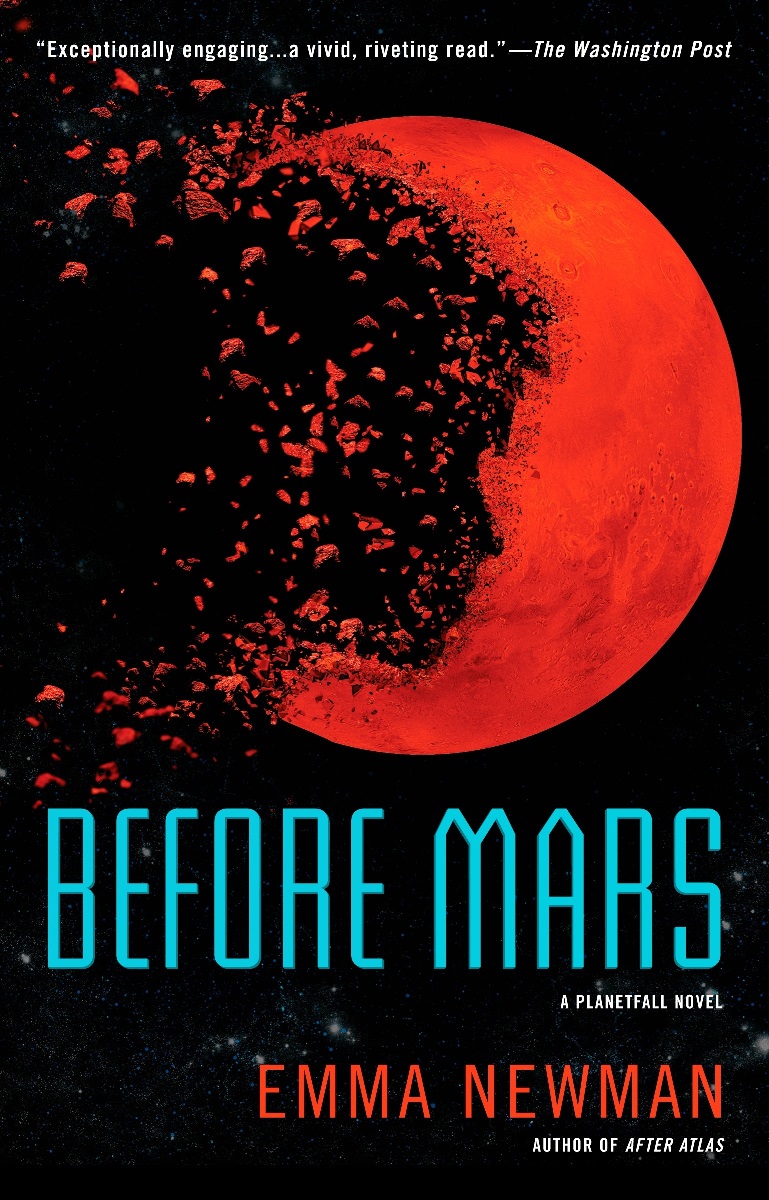
Before Mars
A Planetfall novel
Emma Newman's latest book set in her "Planetfall" universe, "Before Mars," sees a geologist arriving at a small Mars base after a lengthy journey only to realize that things aren't as they seem. The base's AI is untrustworthy, the psychologist seems sinister, and the main characters find a note to herself she has no memory of writing. In a world of perfectly immersive virtual reality, can she trust what she sees? Or did the long trip take a toll on her sanity? "Before Mars" takes place on an eerie, largely empty Mars after a giant corporation buys the rights to the planet.
It's a thrilling read but — like Newman's other "Planetfall" books — also a deep dive into the protagonist's psychology as she grapples with what she discovers on the Red Planet. "Before Mars" and the other books in the same universe ("Planetfall" and "After Atlas") can be read in any order, but Space.com highly recommends giving them all a look. ~Sarah Lewin
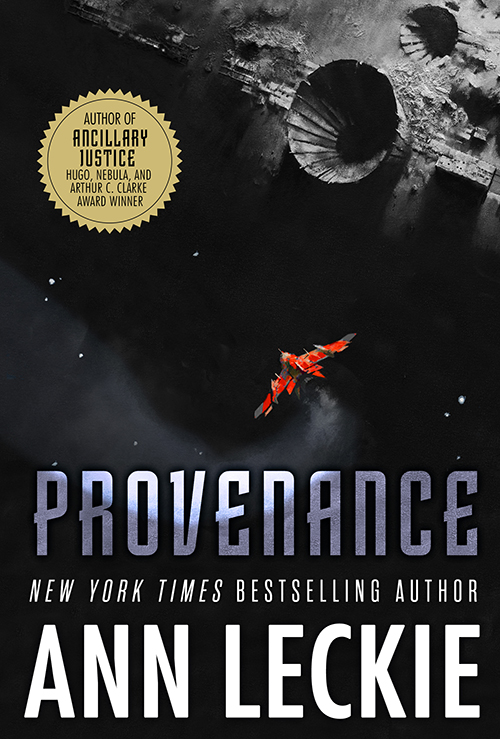
Provenance
Adventure Sci-Fi at it's finest
A young woman plots to find stolen artifacts in "Provenance," which takes place in the same universe as author Ann Leckie's award-winning "Ancillary" trilogy of books — but introduces readers to a new selection of future human cultures with a more straightforward and less high-concept adventure story.
Don't let that fool you, though: The book's exploration of multicultural, multispecies conflict (with aliens called the Geck) works just as much intriguing worldbuilding into the mix as her previous books. Plus, there are mind-controlled robots, stolen alien ships, and society with three genders. ~Sarah Lewin
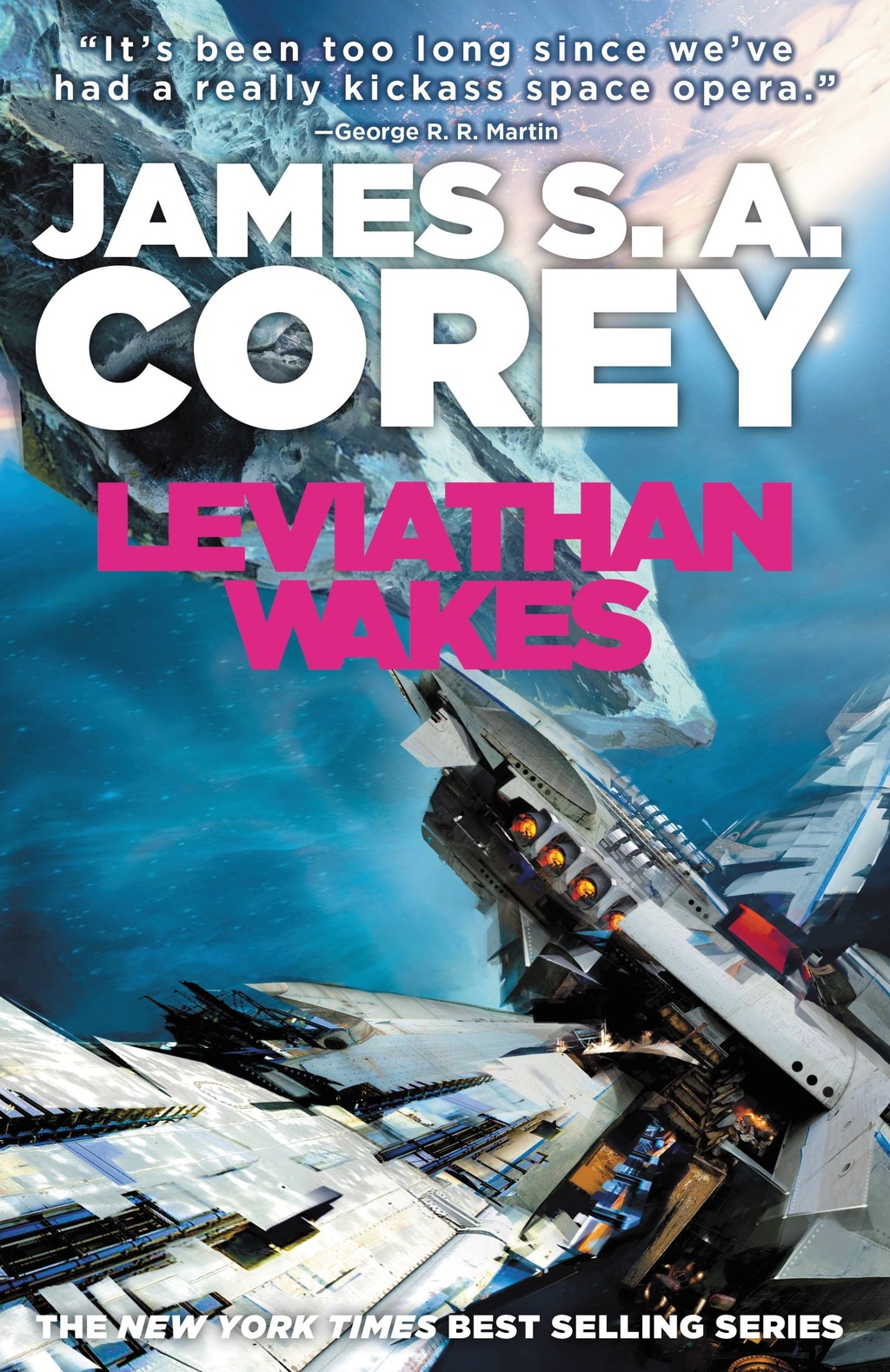
Leviathan Wakes
Part 1 of the award-winning Expanse universe
200 years in the future, humanity has colonized the solar system and is split among three factions on the brink of conflict: Earth, Mars, and the Asteroid Belt, which includes the spinning Ceres asteroid colony. As multiple viewpoint characters are ensnared in a system-wide mystery, the story's scope slowly broadens to reveal the full complexity of the novels' science fiction world.
The books, co-written by Dan Abraham and Ty Franck, originally stemmed from a tabletop roleplaying game idea, and it shows through the detailed worldbuilding and exploration of a solar system remade in humanity's image. Plus, it's a fun, tightly-plotted set of spacefaring adventure stories. ~Sarah Lewin
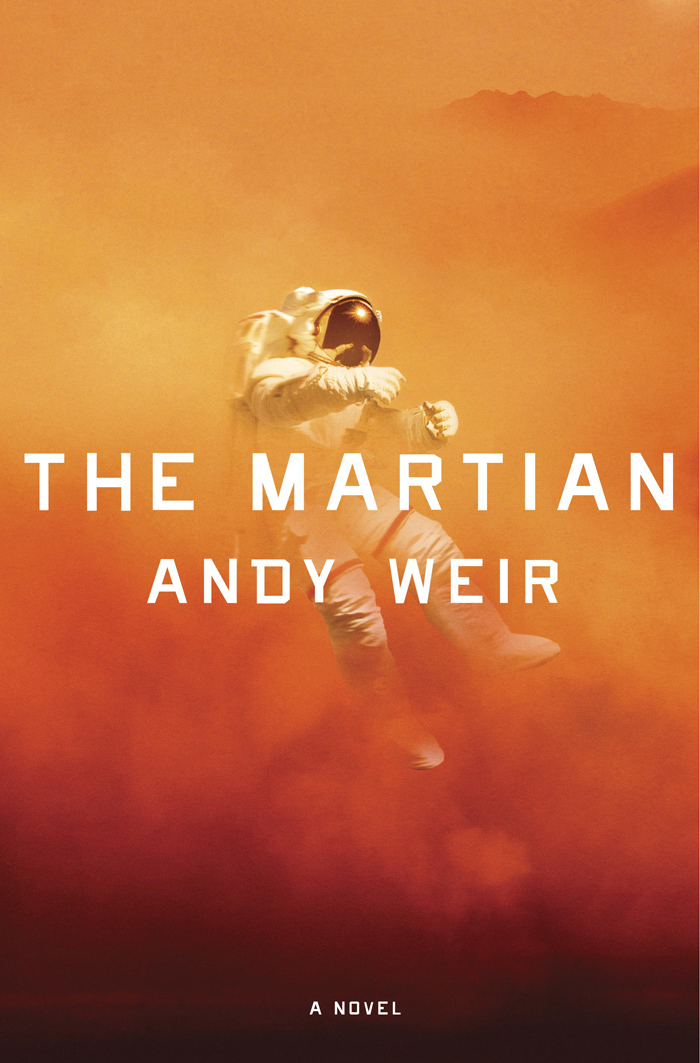
The Martian
In the not too distant future
"The Martian," by Andy Weir, is a truly great science fiction book that's heavy on the science. Weir tells the story of Mark Watney, a fictional NASA astronaut stranded on Mars, and his difficult mission to save himself from potential doom in the harsh Red Planet environment.
Watney seems to have everything against him, yet Weir deftly explains not only what Watney's survival needs are but also how he goes about trying to make them work. "The Martian" has also been made into a movie, which released in November 2015. The film stars Matt Damon as Watney and is directed by space movie veteran Ridley Scott. ~Miriam Kramer
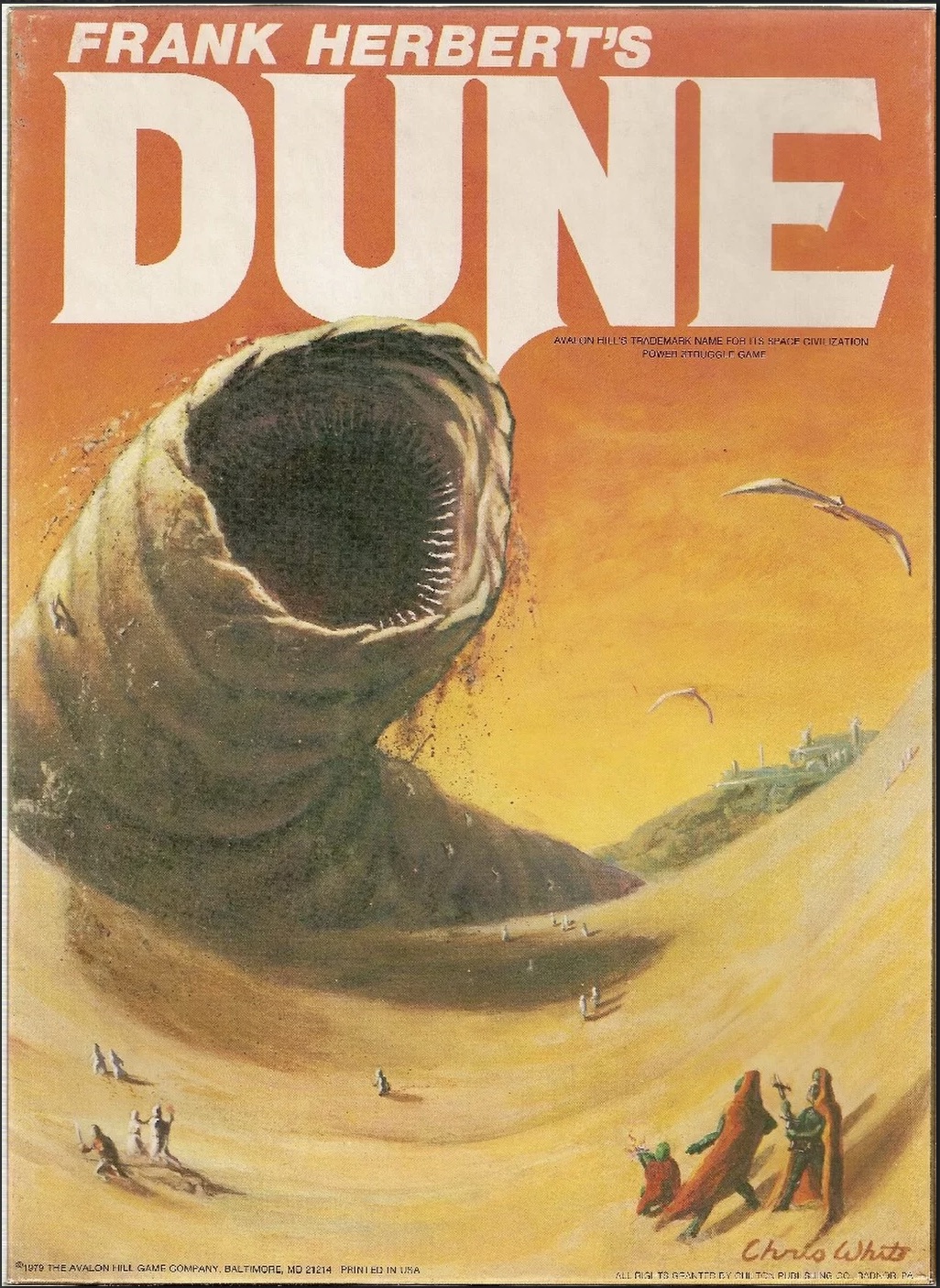
Dune
The Spice must flow
In "Dune," Frank Herbert imagines a vast, intricate future universe ruled by an emperor who sets the Atreides and Harkonnen families warring over the desert planet Arrakis, also known as Dune. The arid world holds the only source of the spice mélange, necessary for space travel.
Spread across star systems, "Dune" teems with wild characters: human computers (Mentats), tribal fighters (Fremen), mind-controlling "witches" (Bene Gesserit Sisterhood) and humans ranging from the corrupt Baron Harkonnen to Paul "Muad'Dib" Atreides, whose journey from a sheltered childhood anchors the story.
Early on, the Baron says, "Observe the plans within plans within plans," summing up the adversaries' wary analyses of each faction's complex motivations. This cerebral second-guessing balances with epic action throughout the book, centering on the perhaps best-known feature of the Duniverse: the monstrous spice-producing sandworms.
The best-selling novel raised science fiction literature to greater sophistication by including themes of technology, science, politics, religion, and ecology, although the burgeoning Dune franchise remains less popular than Star Wars (which borrowed heavily from "Dune"). ~Tom Chao
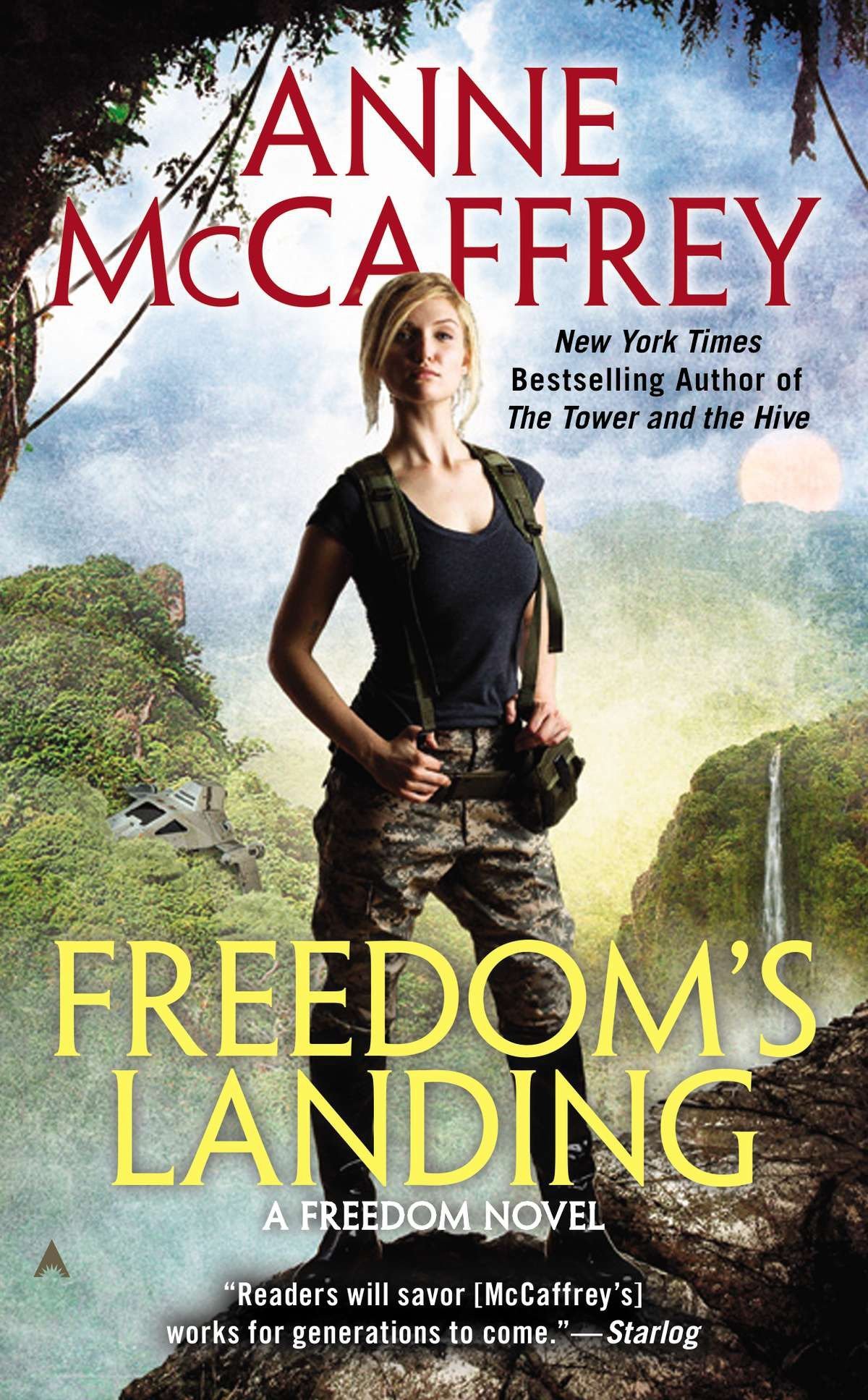
Freedoms Landing
Forced colonization
When a group of aliens descended on Earth they came to conquer, not destroy. Any who opposed them were shackled and taken to distant worlds where they were dumped. These "forced colonists" were to see if planets were viable for further expansion. Kris Bjornson was one such colonist, but she has an advantage that most don't, one of her captors is stranded with her.
Anne McCaffrey is a titan of Sci-Fi writing with multiple series showcasing her amazing talent. The Freedom series was one of the last she wrote before she died and has all the human touches that make her writing so beloved. ~ James Bricknell
The future as it could be
What makes science fiction so powerful is it shows us what we could be capable of in the future. Sometimes that means we rise into free-thinking and aware beings, or we descend into war and destruction, but humanity always has a part to play.
Whether you love new Sci-Fi like Provenance By Ann Leckie or you like the history of the genre like Dune by Frank Herbert, you will love the books we have compiled here for you.
Breaking space news, the latest updates on rocket launches, skywatching events and more!

Space.com is the premier source of space exploration, innovation and astronomy news, chronicling (and celebrating) humanity's ongoing expansion across the final frontier. Originally founded in 1999, Space.com is, and always has been, the passion of writers and editors who are space fans and also trained journalists. Our current news team consists of Editor-in-Chief Tariq Malik; Editor Hanneke Weitering, Senior Space Writer Mike Wall; Senior Writer Meghan Bartels; Senior Writer Chelsea Gohd, Senior Writer Tereza Pultarova and Staff Writer Alexander Cox, focusing on e-commerce. Senior Producer Steve Spaleta oversees our space videos, with Diana Whitcroft as our Social Media Editor.
